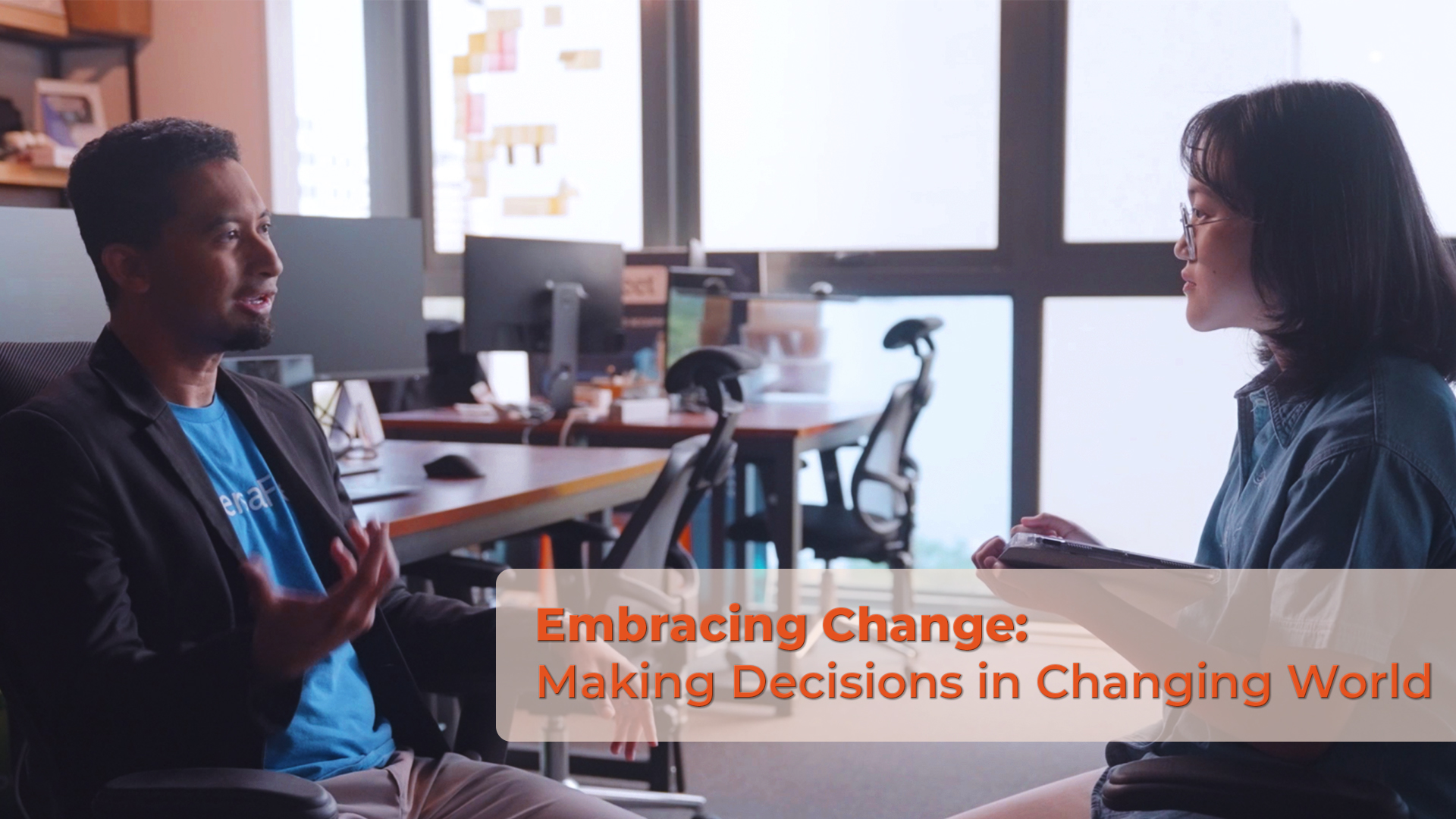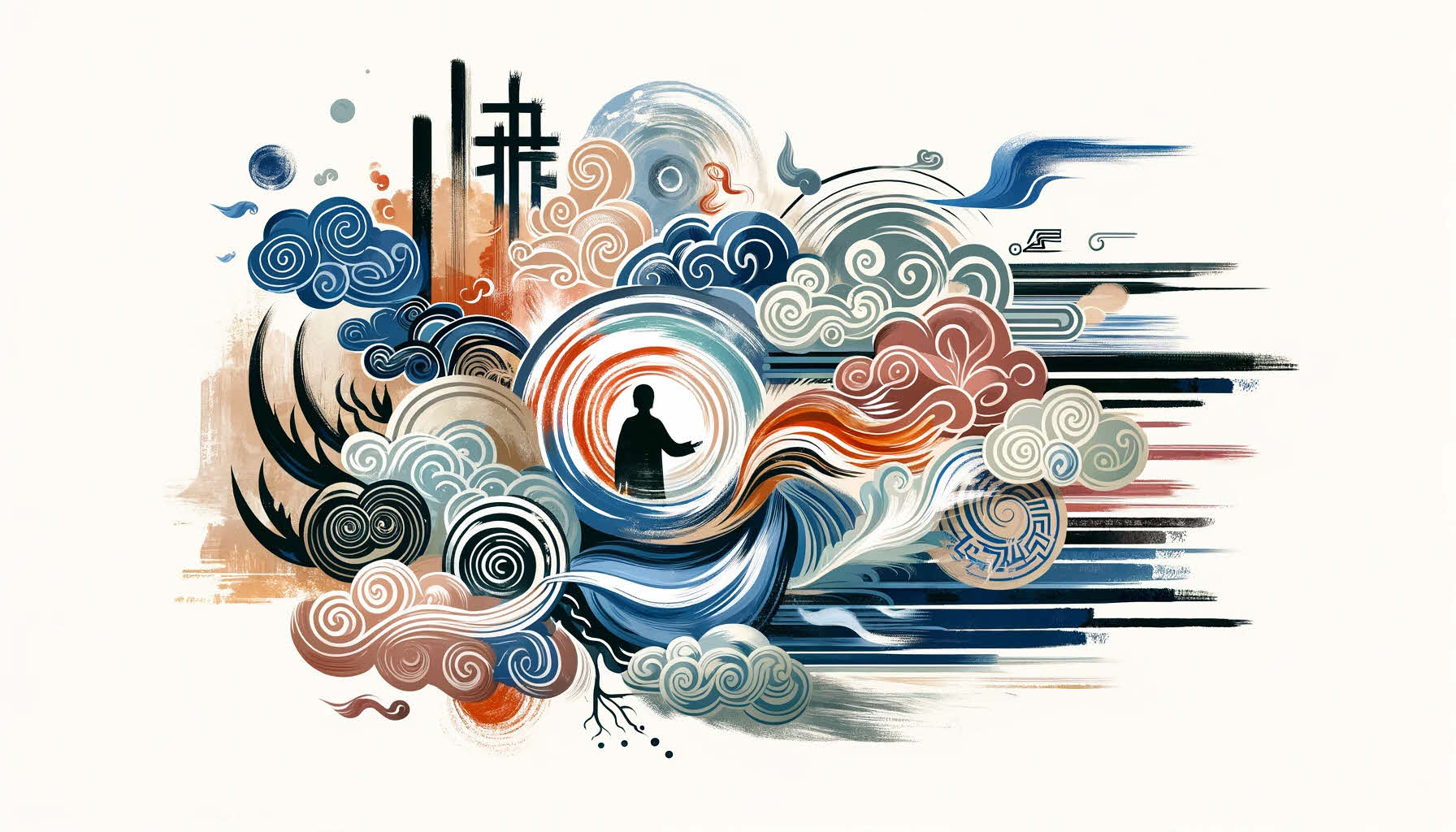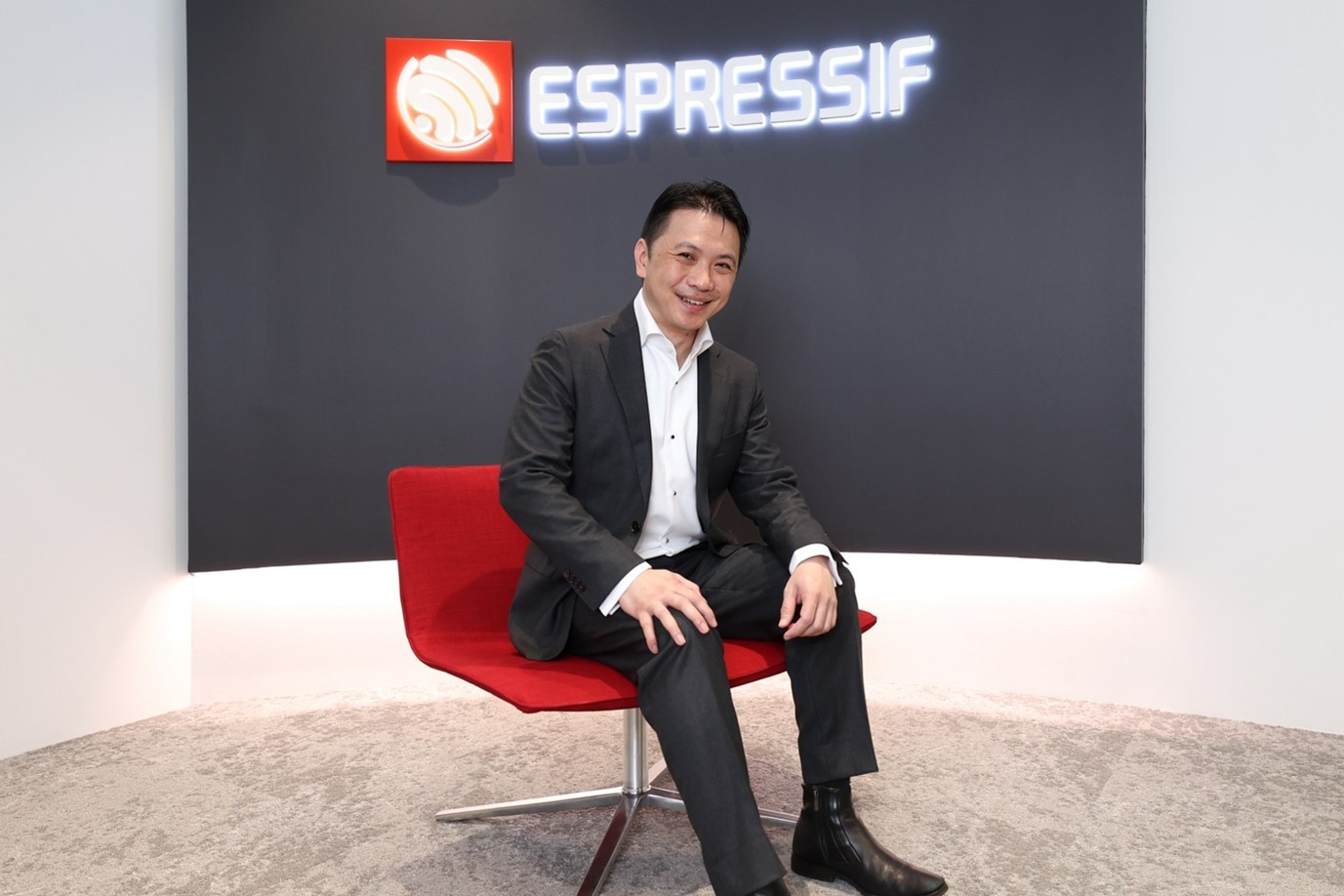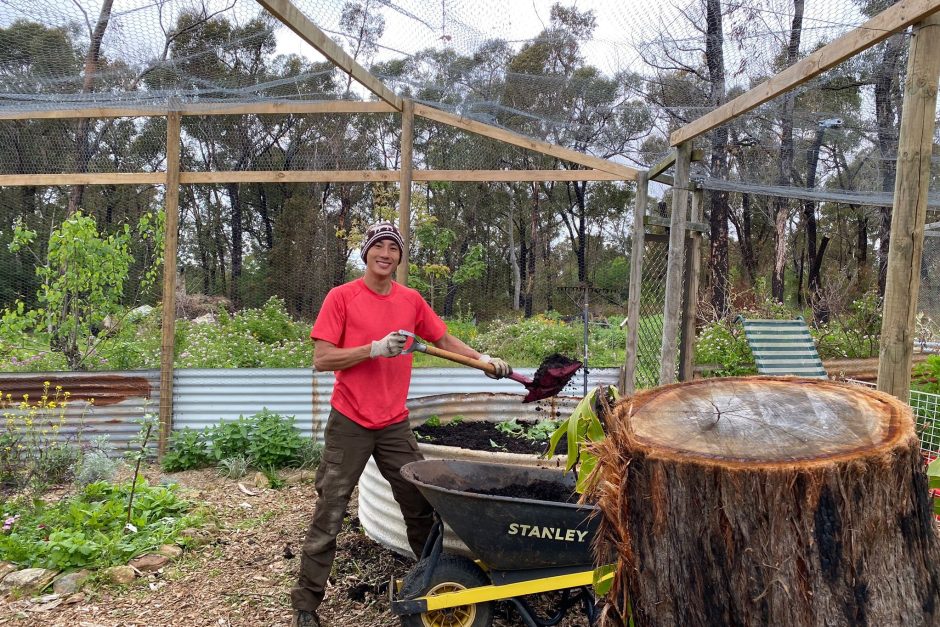Student quizzes tech CEO: So how do I compete with AI?
19 Oct 2023

You’re a Sec 3 student who likes graphic design. AI models like Midjourney and DALL-E start taking the world by storm. Is the future doomed for you? Not quite, says Mr Shamir Rahim. Said student, Zesiree Kok, quizzes software start-up boss Mr Shamir from Versafleet, on what it takes to make the right choice when choosing which subjects and career paths to pursue.
By Lee Qing Ping
| Zesiree Kok, age 15
Sec 3 student at Edgefield Secondary School Doodles on textbooks and dreams of being an illustrator one day |
| Shamir Rahim, age 42
CEO, VersaFleet, a software-as-service company Mad scientist wannabe who enjoyed dissecting cow’s hearts. Now codes for a living. |
Making Decisions in a Changing World
Q: What exactly do you do?
Shamir: I run a software company. We deploy and implement artificial intelligence solutions for supply chains.
Q: Did you always know you wanted to go into software design?
No, but I always knew Science was my thing from a young age. I wanted to be a mad scientist. One of my inspirations was actually a movie character, Doc Brown, from Back to the Future. He’s like a mad scientist guy who’s always innovating, getting inspiration from strange things and creating solutions.
By process of elimination, I eventually arrived where I am. I was studying Life Sciences in NUS for my undergraduate studies, and in my Honours year, I got to work in A*STAR to dissect mouse embryonic stem cells. That confirmed for me that I didn’t want to do medicine.
Later, I joined a pharmaceutical company and worked on the medical device and cardiac surgery team. I think what appealed to me in the end was seeing what we call the ‘bench to bedside’, end-to-end cycle – from an innovative idea to actually doing something for humankind. This cycle is very long for pharmaceuticals, it’s a bit shorter for medical devices, a bit shorter for diagnostics, but for software it’s instant. You think of an idea, you build prototypes, you compile the app, and boom! It works! Someone can click on it and improve their lives. And to me this fast cycle from innovation to being in the market was really appealing. I got a boost of dopamine each time. So I guess that’s how I found my calling.
Q: You didn’t study computing, and now it’s your job. How did you pick up the skill?
Here’s the secret: I learnt programming because I like to play a lot of computer games. When I was much younger, some of the games I wanted to play required me to, let’s put it this way, disassemble and assemble them back in different ways. So I fiddled around and that’s how I learnt how software works.
I learnt this spirit of tinkering and taking a hands-on approach from Mdm Ashikin, my secondary school Biology teacher. I think Mdm Ashikin was an inspired teacher. She really went hands-on and tried her best to bring to life what we were learning from textbooks. In Biology class, she would bring a cow’s heart from the wet market and make us dissect it just to teach us the four chambers of the heart. We’d feel how thick the left ventricle really is relative to the right ventricle. And you know, seeing and feeling it, literally slimy in your hands, makes you remember these things much better than trying to memorise from coloured pictures on a page, right?
When we dissect a problem, it’s analogous to that. You have to apply first principles thinking and try to translate it to the problem at hand. That’s the spirit of adaptive thinking.
So even today when I have to, you know, apply myself to learning something new, I really take a hands-on approach. I try to take it apart and try to reassemble it based on my understanding. Of course, if I fail, then I know, I need to apply myself to the theory more deeply. And I think having this constant interplay of theory and practice, in the context of what we want to learn, is very powerful.
As a parent of young children, I have to remind myself about this as well. I think being comfortable with learning from playing is important. We need to really embrace this spirit of just tinkering around with tools. It might break, we might not understand it, or we might not know how to put it back together again. But it’s important that we try, right? Not everything, you know, should have a Ten-Year Series, and then we try to apply it to real life. You know, it is perfectly fine if we don’t fully understand, and then do it anyway.
“I learnt this spirit of tinkering from my secondary school Biology teacher. Even today, when I apply myself to learning something new, I take a hands-on approach.”
Q: How did you decide to start your company?
I actually started my company by accident. My father had a logistics planning problem that required a fair bit of coding, which I happened to know. So we basically doubled down, founded a team and many years later became a software product company.
Q: Everything is changing so fast. What if what we learn in school is outdated by the time we graduate? How can my friends and I keep up?
Personally, I see the role of any educational system is to really teach the A, B, C to Z of what we think the industry or the economy needs. And of course, that A to Z will keep changing as the world changes, so we need to keep up and adapt. It’s most important to learn how to learn.
As a tech startup founder, the mean statistic is that 90% of tech startups fail, right? And it’s not always because we didn’t work hard enough or bad luck. It could be, you know, we’re trying to go to market too soon, or too late. And because the technology changes so quickly. For example, in software, every year, there could be more than a dozen new software languages coming up. Are they all going to be good and better than what we have? No. We need to keep up but also make that critical assessment; not just get taken on a ride with each new tech wave.
I think one of the things that was very helpful for me, was being part of this University Scholars Programme in NUS. It trained us deeply in multi-disciplinary thinking and really helped satiate our intellectual curiosity. We were able to engage very knowledgeable faculty with all our crazy questions, from doing critical analyses of literary texts classically held as sacred, to questioning scientific theorems from first principles. At the speed of R&D and breakthroughs in tech today, especially in artificial intelligence, being unafraid to straddle multiple disciplines and go ‘all in’ in pushing the boundaries of human knowledge and understanding, is crucial. We learnt to really apply critical thinking to everything, including our core curriculum, and approach a topic through the different lenses of different disciplines.
So for example, the current wave in artificial intelligence, machine learning, was inspired by neural networks – computer science trying to model what goes on in the brain, the synapses. In philosophy, there’s the famous railroad problem: A kid’s on one track, three people on another track, which (track) should the train go to? This is a very real question, because when we talk about programming autonomous vehicles, which I do some work on, we actually need to program that moral decision. As a computer scientist, you actually need to appreciate the moral considerations, and how this should then be implemented in the program.
I think this ability to go deep into fields adjacent or not even related to our core, and being comfortable with that, is very important. Because increasingly, the breakthroughs in science and technology, are all multi-disciplinary in nature.
“We need to keep up but also make that critical assessment; not just get taken on a ride with each new tech wave.”
Q: What kind of crazy questions did you ask your faculty?
One of the critical thinking pieces that we were analysing was the Singapore pledge. There’s a line in our pledge that goes “for peace, prosperity and progress for our nation”. So what is progress? We approached it from different disciplinary backgrounds. So the Physics guys will be like, “Oh, progress is basically from chaos to a more orderly system.” But how do you transpose that to society? And then the Economics people were like, “Progress means there’s greater economic returns, you know, higher GDP values and all that.” And then, of course, you know, the liberal arts classmates will talk about progress being more about civil society, ground up movements and stuff.
So, it was quite curious, us trying to define the ideals of our society from the pledge. And we actually spent many weeks thinking about it, and exploring views from a multi-disciplinary approach. And throughout the whole process, our faculty was not annoyed. Like, why would you apply thermodynamics to the pledge? But we did it. It was really interesting. And it really led to insights, which again, we can only achieve if we take a multi-disciplinary point of view. So I think having teachers like that are really helpful. And I would personally encourage you to ask your teachers questions like that in a respectful way.
Q: With technology advancing so quickly, do you have any concerns? And do you think that we should be concerned about AI taking over our jobs?
Artificial intelligence is simply the current wave of disruptive technology that we happen to be experiencing. In a certain century, and decade, it was the steam engine, right, replacing horses. So all the jobs related to horses were made redundant. But there were new jobs that came with the steam engine and cars, automobiles. It’s no different with artificial intelligence.
So, I say we should keep an eye out. If our role seems to be pretty repetitive, we’re just processing information here to there, we should expect it to be taken over by a bot. So we should do the more value-added work, like creative thinking.
Q: How would you know if you’ve made the right choice, whether it’s studies or career?
I don’t think we ever really know whether we made the right choice. The thing is, we seldom have all the information we need to make certain decisions, whether it’s a management decision or a product decision, and we have to be comfortable with working in a volatile, highly ambiguous world.
It is very rare that anyone has complete information, or that we know exactly this is the right decision. Ultimately, we are working on educated guesses. We have to have a confidence interval, and ask what is the probability of success? And of course, we have to have pattern recognition. Like okay, I made that mistake before. So you have to apply your experience, but you also need to deal with the facts of the day as they are. We can’t argue with the facts. And we also have to accept that we will not have all the facts.
Because of that, the risk of failure is high, and it’s constant. And we have to be okay with that. We have to be mentally resilient, that we will make wrong decisions. Just, you know, outrightly wrong decisions, we might make less than optimal decisions as well. But in aggregate, if we get through and things are okay, you should be okay with that.
“We can’t argue with facts. And we also have to accept that we will not have all the facts.”
Q: What advice would you give to students today in search of their own path?
With the tremendous breadth of human knowledge and discovery today, learning how to learn is actually more important. To quote Eric Hoffer, “In times of change, learners inherit the earth, while the learned find themselves beautifully equipped to deal with a world that no longer exists.” The learners will always have an advantage. We are always in times of change – be a learner for life.
Don’t worry too much about making the right choice. Think about making the choice, right.
Hear from the other two changemakers Zesiree spoke with:
- Dr Atiqah Azhari, neuroscientist and lecturer at Singapore University of Social Sciences
- Mr Cho Ming Xiu, founder of Campus PSY who champions youth mental health
We are on Telegram! Subscribe to our channel: https://t.me/schoolbag_edu_sg





